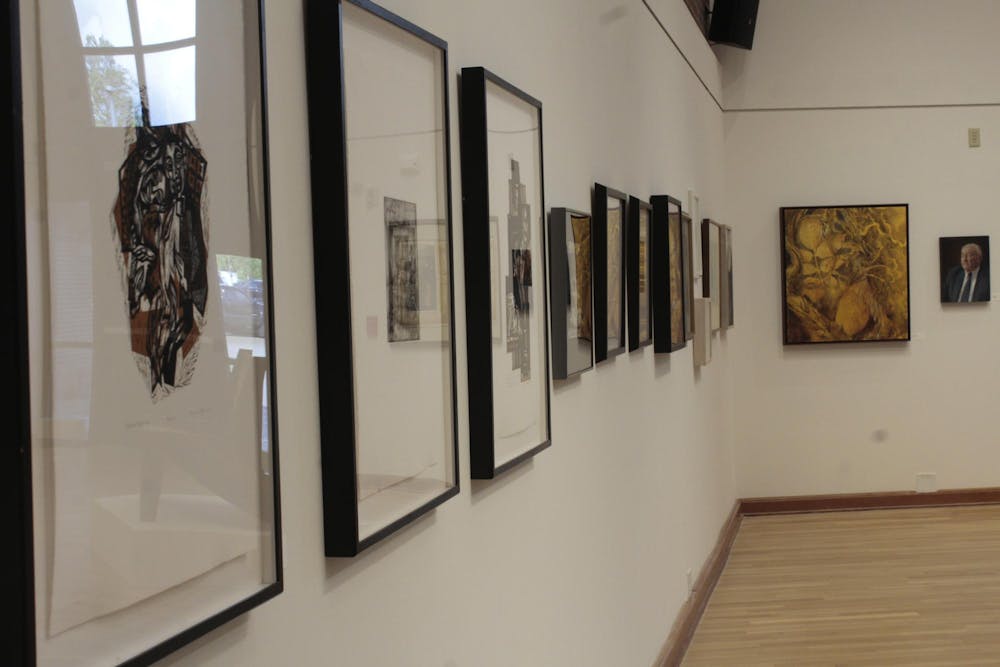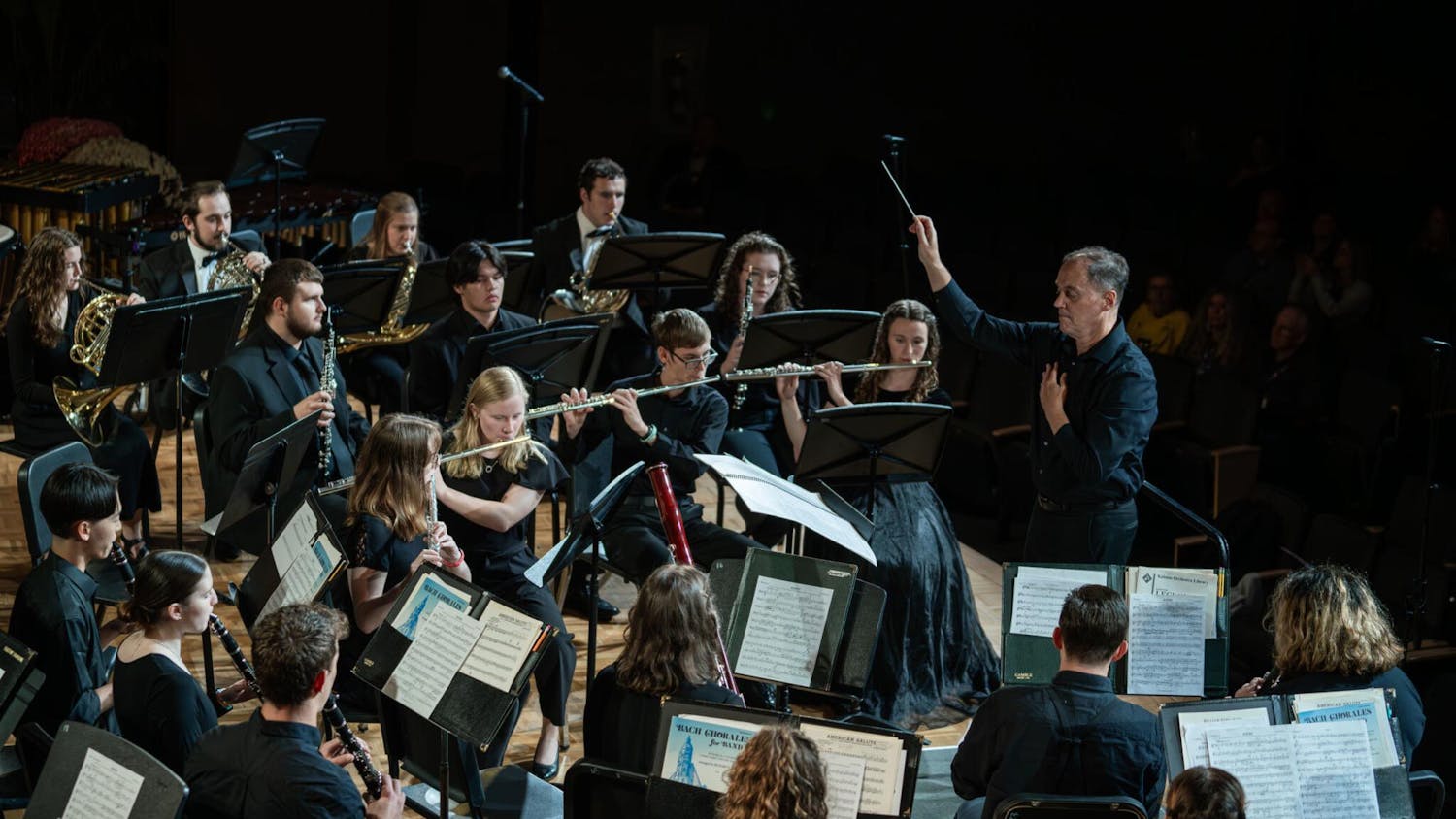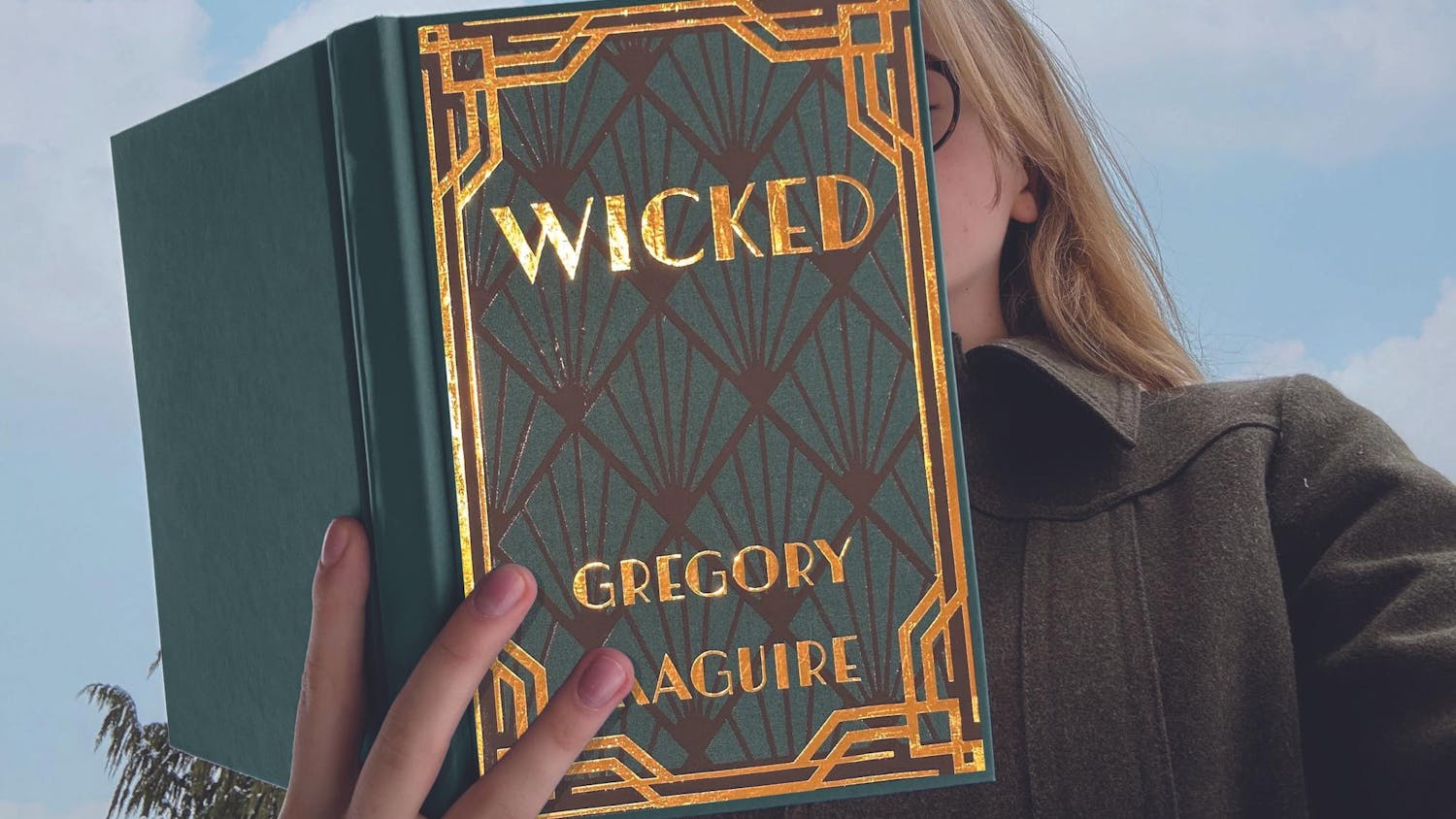We were created to create.
As Christian liberal arts students, these are words we hear all the time. But when it comes to interacting with art that others have created– theatre performances, paintings, etcetera– how are we to engage appropriately?
Processing art from a Christian perspective must begin by being grounded in biblical truth and utilizing a deep awareness of God’s character. Whenever we view a performance, process a work of literature or take in a gallery of paintings, we must discern how these physical manifestations of creativity point back to the true Creator.
“The discernment process has to be in some way, I have become aligned, connected, enlivened in some way to the ground of (God’s) goodness and truth,” said Kevin Diller, professor of philosophy and religion. “How do I grow in that? Is the work itself teaching me anything, unveiling something to me? This is the way that God works: He loves to work in and through His creation.”
After grounding ourselves in a biblical framework of God’s goodness, truth and beauty our responsibility as liberal arts students is to approach whatever art we are engaging with humility. Only then can we enter into difficult conversations with others about art, acknowledging that it is impossible to know everything. However, this is easier said than done.
“How we discern truth in a work of art is through humility and through open-handed engagement, leaving behind– as much as we can– our own preconceived notions. And that is hard, because sometimes that humility means the first thing that I have to acknowledge (is) that I don’t know it all, or God is way bigger than I thought He was, and that is uncomfortable,”Aaron Housholder, professor of English, said.
Approaching art with this tension of humility and discernment can be complicated, but the good news is that we get to participate in it as a community of faith, not in isolation. As members of the kingdom of God here at Taylor, we have a responsibility to engage and wrestle with our learning alongside fellow students.
“I have to engage with [art], and I have to have conversations about it with other believing people,” Tracy Manning, Assistant Professor of Theatre and Artistic Director of Theatre at Taylor, said. “And that’s why I think a place like Taylor is so great. We all come from different perspectives and I think we hold to the centrality of the Gospel.”
We may not all have the same perspectives or opinions on art, but what is essential is that we hold to the truth of the Gospel, enter into performances or artistic viewings with humility and stay in conversation with fellow believers. If we truly hold to our belief that we are created to create, then we must walk with discernment as we engage with the creations of others.
The ESV translation of Colossians 2:6-8 says, “Therefore, as you received Christ Jesus the Lord, so walk in him, rooted and built up in him and established in the faith, just as you were taught, abounding in thanksgiving. See to it that no one takes you captive by philosophy and empty deceit, according to human tradition … and not according to Christ.”
As we seek to discern and enjoy the arts together, may we not be taken captive by empty jargon and debates, but be rooted in Christ to the praise of His glory, so that all may see that we are not just Christian liberal arts students, but children of the one True Artist.





